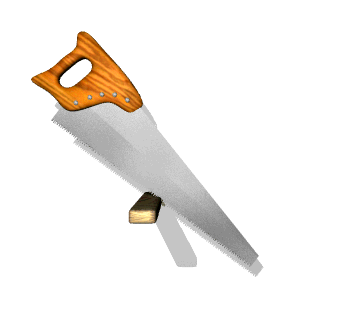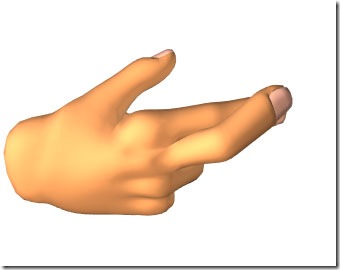One Simple Trick To Finding A Job
So many candidates struggle with finding a position. I’m not going to insult you by telling you it is easy. It isn’t. In fact, for most it is hard work. Mainly because this may be new to you and with the exception of a few, this is not your area of expertise. It is always difficult to do something when you are not an expert. In fact, it is frustrating because most professionals make it look so easy. Have you ever watched one of those home improvement shows do a complete kitchen remodel in just 22 minutes? They never have any problems, everything fits the first time, they never cut a board wrong, and it looks great in the end. Have you ever done a kitchen remodel and have it done that easily?
Their remodel happens so easily because they are an expert in it and we are not. So how does this relate to finding a job?
Companies in today’s market want the expert. They don’t want the jack of all trades, they want the king or queen.
Candidates have a very hard time accepting this. It is better to be great at one thing than good at many. Experts do 1 or 2 things 10,000 times, not 10,000 things once or twice.
What is your expertise? What unique passion, unique experiences, unique skill set, unique talent, unique accomplishments do you have that will, if not separate you from the 100’s of resumes received, at least get your resume to the pile of 5 to 10 to interview?
We live in a 140 character world. Millions tweet thoughts in 140 characters or less. Status updates on Linkedin are 140 characters or less. Can you describe your expertise in such a way that you stand out in 140 characters of less?
If not, then this is a great thing to work on over the holidays.
For example:
- A CFO with extensive experience in international finance within X industry and X sized companies
- Sales professional that enjoys the challenge of cold calls, increased first time customers by X% in first year directly by cold calling.
- HR executive that excels at union neg, reducing benefit costs by X% and 70% of hires from employee referrals up from 20% when I started.
These are just some examples that at least help you stand out, identify your unique strengths and accomplishments.
I have worked with hundreds of people helping them identify what makes them unique. It always starts out the same, “I’m probably not all that unique. I do my job and so do others.” That may be true, but every person doesn’t do the same thing, even in the same functional area.
Think about becoming great at 1 0r 2 things instead of good at many. Do this, and watch how your job search results change.
If this was helpful to you, then help others in your network by passing it along so they also benefit. Helping others will always help you in your job search. You can add this to your status on Linkedin, tweet it, add it to your Facebook page, or email it to your network. Let’s help everyone that is seeking a new job.
For more help on this, join our Linkedin Job Search Networking group. It is free and loaded with helpful discussions and articles. CLICK HERE to join.
Get our FREE 8 Point Job Search Self Assessment Scorecard to evaluate your job search. You can’t fix it if you don’t know what is broken. This will help you. CLICK HERE to get yours.
You can also get a FREE sample cover letter proven to get you noticed. Thousands have downloaded this, and it is FREE. CLICK HERE to get one.
I welcome your comments, thoughts and questions.
Brad Remillard











